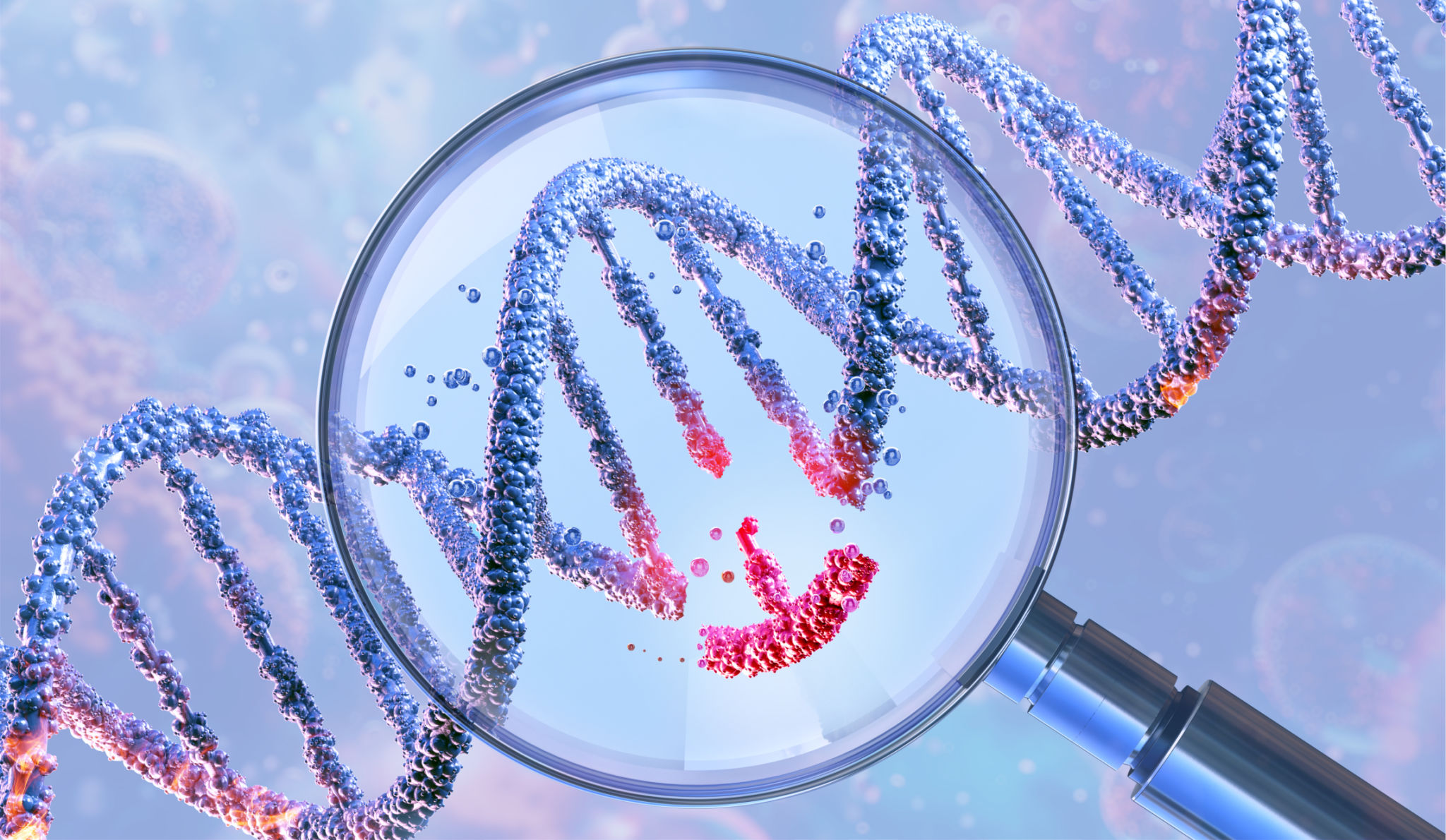Myths vs Facts: Debunking Common Misconceptions About DNA Testing
DB
Introduction to DNA Testing
DNA testing has become increasingly popular in recent years, offering insights into ancestry, health, and personal identity. However, alongside its growing popularity, several myths and misconceptions about DNA testing persist. In this blog post, we aim to debunk some of these common misconceptions to provide a clearer understanding of what DNA testing truly offers.
Myth 1: DNA Testing Can Predict All Genetic Diseases
One prevalent myth is that DNA tests can predict every genetic disease you might encounter in your lifetime. While it's true that DNA testing can identify certain genetic markers associated with specific diseases, it is not a crystal ball. Genetic predisposition does not guarantee the development of a disease. Environmental factors, lifestyle choices, and random mutations also play significant roles in disease manifestation.

Myth 2: DNA Testing Compromises Your Privacy
Another common concern is that DNA testing compromises your privacy. Many worry that their genetic information might be used against them by insurance companies or employers. However, in many countries, laws like the Genetic Information Nondiscrimination Act (GINA) in the United States protect individuals from discrimination based on genetic information. It's crucial to choose reputable DNA testing companies that prioritize data security and transparency.
Before opting for a DNA test, always read through the company's privacy policy to understand how your data will be used and stored. Most companies allow you to control your data and decide whether it can be shared for research purposes.
Myth 3: All DNA Tests Are the Same
Not all DNA tests are created equal. Different tests serve different purposes. For instance:
- Ancestry tests focus on tracing lineage and ethnic background.
- Health-related tests provide insights into potential genetic risks for certain conditions.
- Paternity tests establish biological relationships.
Understanding the type of test you need can help manage expectations and ensure you get the most relevant information from your results.

Myth 4: DNA Testing Is Always Accurate
While DNA testing is a powerful tool, it is not infallible. Factors such as sample contamination or lab errors can lead to inaccuracies. Additionally, because genetic research is continually evolving, interpretations of genetic markers can change over time. It's essential to approach DNA test results as one piece of a larger puzzle rather than absolute truth.
If you receive unexpected or concerning results, consider consulting with a genetic counselor or healthcare professional who can provide context and guidance based on the latest research.
Fact: DNA Testing Offers Valuable Insights
Despite the myths, DNA testing remains a valuable resource for personal discovery and health awareness. It can help individuals connect with distant relatives, understand their heritage, and make informed health decisions. As long as consumers approach DNA testing with an informed mindset, it can be a beneficial addition to their personal knowledge toolkit.

Conclusion
In conclusion, while DNA testing offers exciting opportunities for personal insight, it is important to separate myths from facts. By understanding the limitations and potential of DNA testing, individuals can make more informed decisions about their health and ancestry. Stay informed and choose wisely when considering a DNA test.